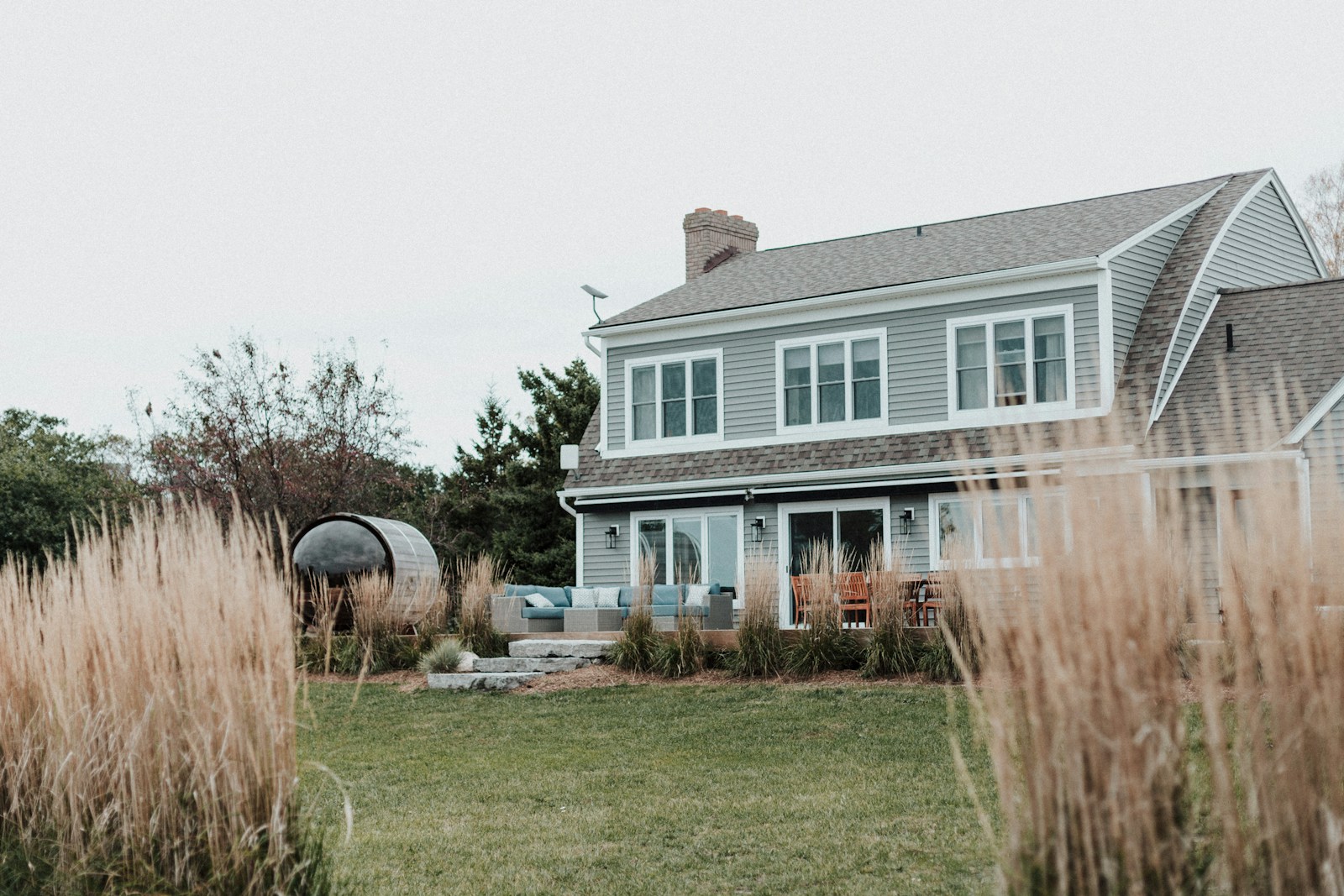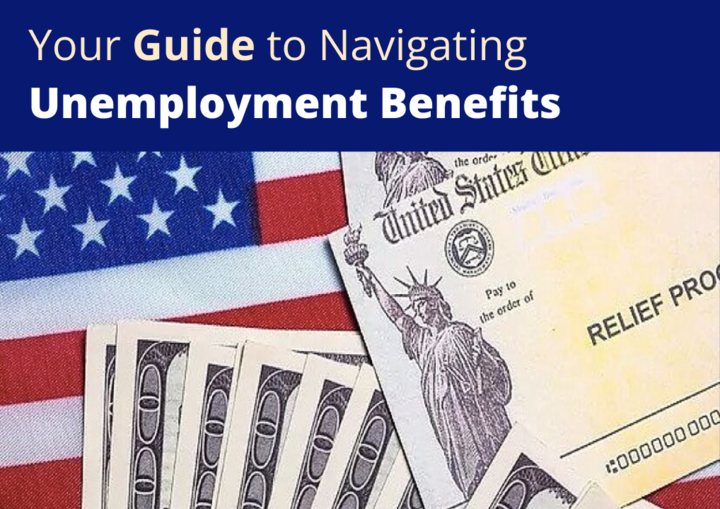When contemplating the decision to rent or buy a home, it is essential to grasp the full spectrum of costs associated with each option. Renting typically involves a monthly payment that covers the use of the property, but this is just the tip of the iceberg. Renters may also be responsible for utilities, maintenance fees, and renters’ insurance, which can add significantly to the overall monthly expenditure.
Additionally, many landlords require a security deposit, often equivalent to one month’s rent, which can be a substantial upfront cost. While renting may seem more affordable in the short term, it is crucial to consider these additional expenses that can accumulate over time. On the other hand, purchasing a home entails a different financial landscape.
Homebuyers must account for a down payment, which can range from 3% to 20% of the home’s purchase price, depending on the type of mortgage and lender requirements.
Beyond this initial investment, there are closing costs that can include appraisal fees, title insurance, and attorney fees, often totaling 2% to 5% of the home’s price. Furthermore, homeowners are responsible for property taxes, homeowners’ insurance, and ongoing maintenance costs.
These financial obligations can create a significant burden, particularly for first-time buyers who may not have fully anticipated the long-term financial commitment involved in homeownership.
Key Takeaways
- Renting can provide flexibility and lower upfront costs, but may not build equity or offer long-term stability.
- Buying a home can build equity and provide stability, but comes with higher upfront costs and long-term commitment.
- Financial considerations such as credit score, income stability, and savings are crucial in determining whether to rent or buy.
- Long-term goals, such as family plans and career stability, should be considered when deciding between renting and buying.
- Market trends and location play a significant role in the decision-making process, as they can impact property values and rental prices.
Pros and Cons of Renting
Flexibility for Those in Transition
This is particularly advantageous for those who may be in transitional phases of life, such as students or young professionals who might need to move for job opportunities or personal reasons.
Additionally, renting often requires less financial commitment upfront compared to buying a home, making it an attractive option for those who may not have substantial savings.
The Drawbacks of Renting
However, renting also comes with its drawbacks. One major disadvantage is the lack of equity building; monthly rent payments do not contribute to ownership or investment in the property. Over time, this can lead to a sense of financial stagnation as renters continue to pay for housing without any return on investment.
Lack of Control and Uncertainty
Furthermore, renters are subject to the whims of landlords and property management companies, which can lead to rent increases or changes in lease terms that may not align with their needs or budget. This lack of control can create uncertainty and stress for those who prefer stability in their living arrangements.
Pros and Cons of Buying
Buying a home presents a unique set of advantages that can be appealing for many individuals and families. One of the most significant benefits is the potential for equity accumulation. As homeowners make mortgage payments, they gradually build equity in their property, which can serve as a valuable asset over time.
This equity can be leveraged for future investments or used to finance major life events such as education or retirement. Additionally, homeowners often enjoy tax benefits, such as mortgage interest deductions and property tax deductions, which can alleviate some financial burdens. Conversely, homeownership is not without its challenges.
The initial financial commitment can be daunting; many prospective buyers find themselves grappling with the substantial down payment and closing costs required to secure a mortgage. Moreover, homeowners are responsible for all maintenance and repair costs associated with their property, which can be unpredictable and expensive. From roof repairs to plumbing issues, these unforeseen expenses can strain budgets and create financial stress.
Additionally, market fluctuations can impact property values, leading to potential losses if homeowners need to sell during a downturn.
Financial Considerations
When weighing the decision between renting and buying, financial considerations play a pivotal role in shaping one’s choice. A thorough analysis of personal finances is essential to determine which option aligns best with individual circumstances. For instance, individuals with stable incomes and substantial savings may find that buying a home is a viable investment opportunity that offers long-term financial benefits.
Conversely, those with fluctuating incomes or limited savings may find that renting provides a more manageable financial solution without the burdens associated with homeownership. Moreover, it is crucial to consider the long-term implications of each choice on overall financial health. Renting may offer short-term affordability but could lead to higher cumulative costs over time without any return on investment.
In contrast, while buying a home requires significant upfront costs and ongoing expenses, it has the potential to appreciate in value over time, providing homeowners with a tangible asset that can contribute to their net worth. Evaluating factors such as job stability, future income potential, and personal financial goals will help individuals make informed decisions that align with their long-term financial aspirations.
Long-Term Goals
Long-term goals significantly influence whether renting or buying is the more suitable option for an individual or family. For those who prioritize stability and envision settling down in one location for an extended period, purchasing a home may align more closely with their aspirations. Homeownership often fosters a sense of community and belonging, as individuals invest in their neighborhoods and establish roots.
Additionally, owning a home can provide a sense of security and predictability in housing costs over time, particularly if one secures a fixed-rate mortgage. Conversely, individuals whose long-term goals involve mobility or career advancement may find that renting better suits their lifestyle. For example, professionals in industries that require frequent relocations or those pursuing advanced degrees may prefer the flexibility that renting offers.
This allows them to adapt quickly to changing circumstances without being tied down by property ownership responsibilities. Ultimately, aligning housing decisions with long-term goals is crucial for ensuring satisfaction and stability in one’s living situation.
Market Trends
Understanding current market trends is vital when deciding whether to rent or buy a home. Real estate markets fluctuate based on various factors such as economic conditions, interest rates, and local demand for housing. In periods of low-interest rates, buying a home may become more attractive as mortgage payments decrease relative to rental prices.
Conversely, during times of economic uncertainty or rising interest rates, potential buyers may hesitate due to concerns about affordability and market stability. Additionally, local market conditions can significantly impact the decision-making process. In highly competitive markets where housing inventory is low and demand is high, potential buyers may face bidding wars that drive prices up beyond their budgetary constraints.
In such scenarios, renting may emerge as a more practical option until market conditions stabilize or personal finances improve. Conversely, in markets with an abundance of rental properties and lower demand for home purchases, renters may find favorable lease terms while buyers could negotiate better deals on homes due to increased competition among sellers.
Location Matters
The significance of location cannot be overstated when considering whether to rent or buy a home. Different neighborhoods offer varying amenities, school districts, and access to public transportation—all factors that can influence both rental prices and home values. For instance, urban areas with vibrant cultural scenes and proximity to employment centers often command higher rental prices but may also offer greater potential for property appreciation over time.
Moreover, lifestyle preferences play a crucial role in determining the ideal location for either renting or buying. Families with children may prioritize neighborhoods with reputable schools and parks, while young professionals might seek out areas with nightlife and social opportunities. Understanding how location impacts both immediate living conditions and long-term investment potential is essential for making informed decisions about housing options.
Making the Decision
Ultimately, making the decision between renting and buying requires careful consideration of various factors unique to each individual’s situation. A comprehensive evaluation of personal finances, long-term goals, market trends, and location preferences will provide valuable insights into which option aligns best with one’s lifestyle and aspirations. Engaging with real estate professionals or financial advisors can also offer guidance tailored to specific circumstances.
As individuals weigh their options, it is essential to remain flexible and open-minded throughout the decision-making process. The housing market is dynamic; what may seem like an ideal choice today could change based on evolving personal circumstances or shifts in market conditions. By staying informed and adaptable, individuals can navigate the complexities of renting versus buying with confidence and clarity.
FAQs
What are the advantages of renting a property?
Renting a property offers flexibility, as it allows you to easily move to a new location without the hassle of selling a home. It also typically requires less upfront costs and responsibility for maintenance and repairs.
What are the advantages of buying a property?
Buying a property can be a good investment, as it allows you to build equity over time. It also provides stability and the freedom to customize and make changes to the property as you see fit.
What factors should I consider when deciding whether to rent or buy?
When deciding whether to rent or buy, consider factors such as your long-term plans, financial situation, housing market conditions, and personal preferences for stability and flexibility.
How does the cost of renting compare to the cost of buying?
The cost of renting may be lower upfront, but buying can be more cost-effective in the long run, especially if property values increase and you build equity over time.
What are the potential risks of renting or buying a property?
Risks of renting include potential rent increases and limited control over the property. Risks of buying include market fluctuations, maintenance costs, and the potential for financial loss if property values decrease.







